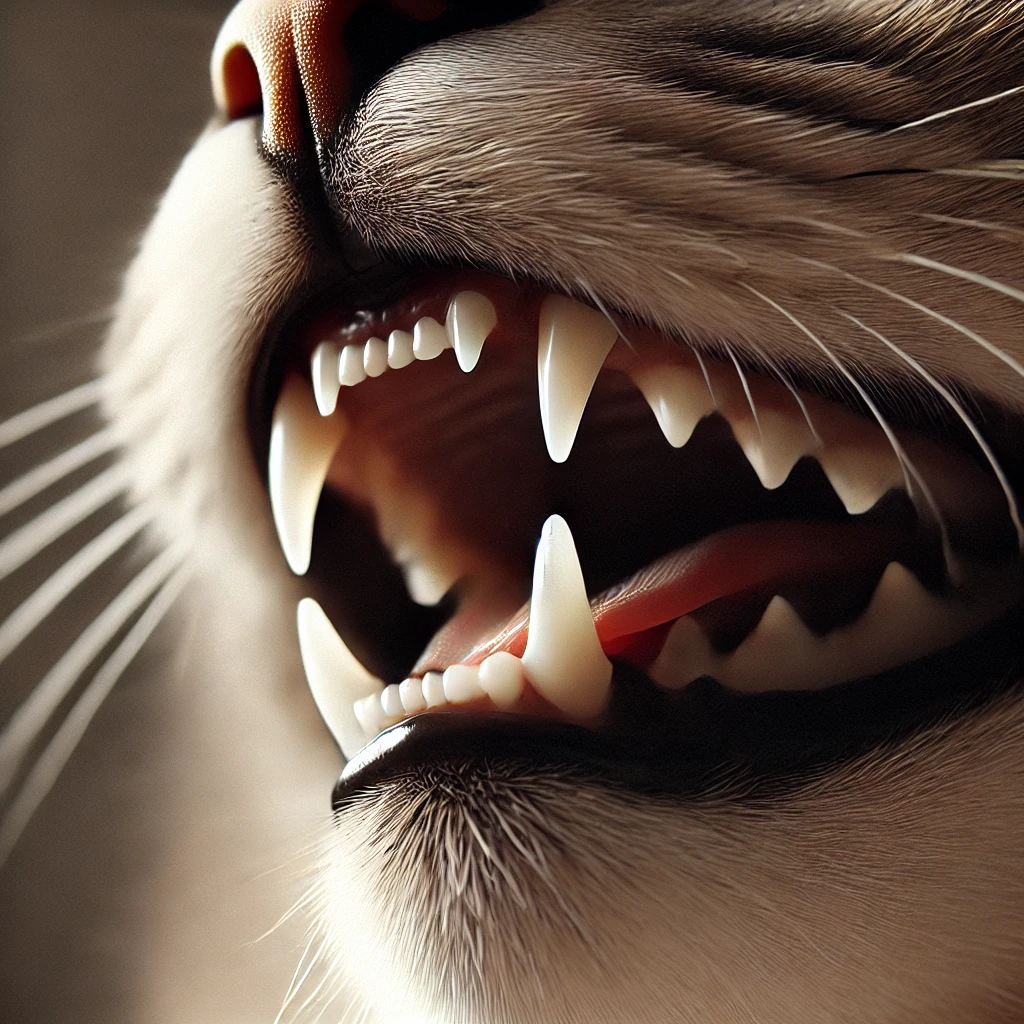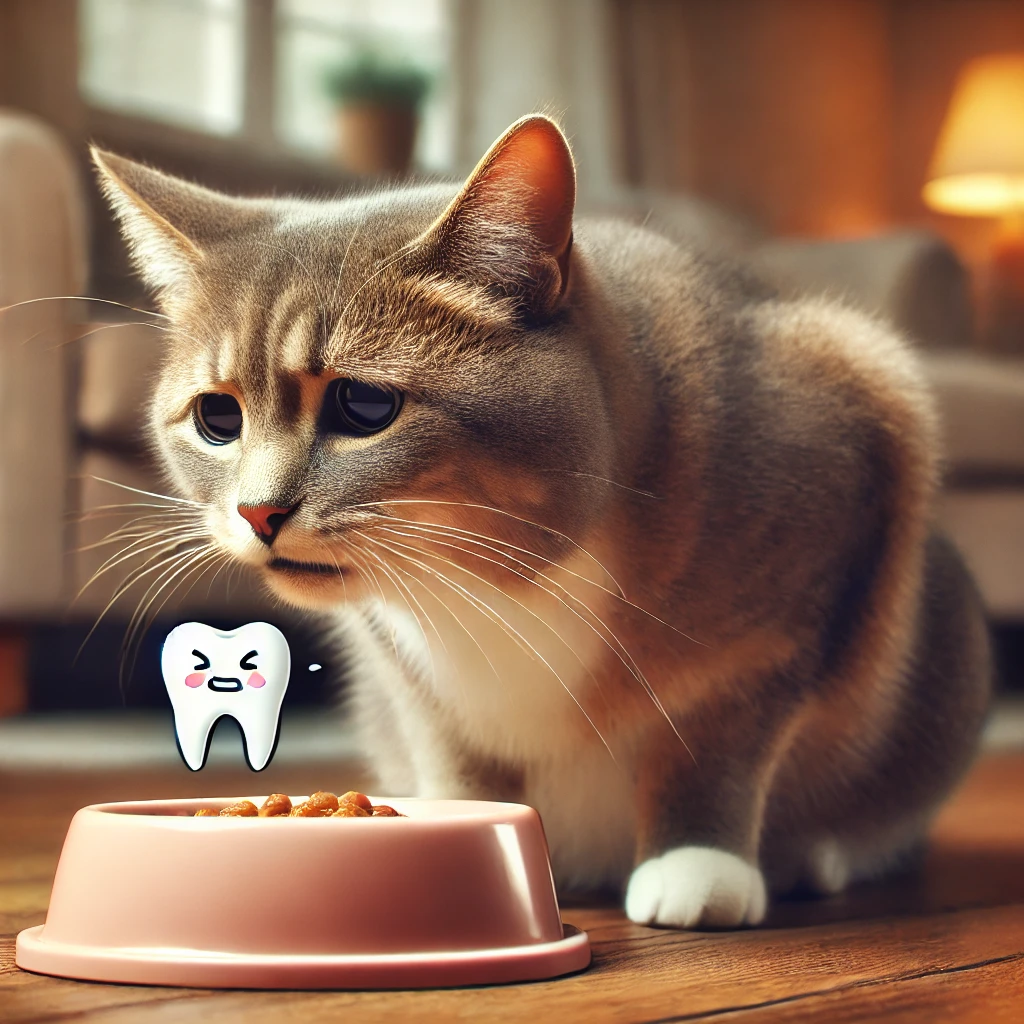Discover the Vital Importance of Regular Dental Care for Your Cat’s Health
Many cat owners often overlook the critical importance of their furry friend’s dental health, leading to potentially severe consequences. Just like humans, cats require their teeth to be in optimal condition for overall well-being. The intricate anatomy of a cat’s mouth features sharp teeth specifically designed for tearing and cutting food. When dental issues develop, they can disrupt not only their ability to eat but can also lead to significant health problems throughout the body, impacting their quality of life and longevity.
The prevalence of dental disease among cats is alarming. Research indicates that a substantial number of cats will face dental problems at some stage in their lives, ranging from minor tartar accumulation to severe conditions such as gum disease and eventual tooth loss. These oral issues often extend beyond the mouth, potentially resulting in serious complications that can affect critical organs like the heart, liver, and kidneys, leading to further health deterioration.

Recognizing the potential risks associated with neglecting your cat’s dental health is crucial. When a cat develops dental disease, bacteria from infections can easily enter the bloodstream, spreading throughout the body and leading to chronic health conditions. In severe instances, these complications can drastically diminish their quality of life. Therefore, monitoring your cat’s pearly whites and gums is not just a matter of aesthetics; it is a vital aspect of their overall health that requires ongoing attention and care.
Spotting Dental Problems in Cats: Essential Signs Every Owner Should Recognize
Identifying dental problems in your cat can be challenging, but certain signs can help you spot potential issues early. A noticeable decrease in appetite, or your kitty turning away from their favorite kibble, is often a classic red flag that something is wrong. Additionally, symptoms such as excessive drooling, persistent bad breath, and bleeding gums indicate that oral health is compromised and that your cat may be experiencing discomfort or pain.
Cats are incredibly adept at concealing pain, which complicates the process of detecting dental discomfort. Be vigilant and observe for subtle behavioral changes, such as increased irritability, reluctance to engage in play, or a newfound habit of pawing at their mouth. These behaviors can be indicative of underlying dental distress and should not be ignored, as they may signal the need for immediate veterinary attention.
Regular visits to the veterinarian are an essential component of maintaining your cat’s dental health. A qualified vet can identify dental issues that might not be visible during routine examinations. Early detection of these problems is crucial, as it allows for timely treatment before minor issues escalate into serious health concerns, ensuring your cat remains healthy and happy for years to come.
Take, for example, Mittens, an energetic tabby who appeared to be in perfect health until a routine veterinary visit revealed advanced dental disease. Thanks to prompt intervention, Mittens was able to sidestep severe complications. Stories like Mittens’ underscore the necessity of not discounting regular check-ups, even when your feline companion seems perfectly fine, as sometimes hidden issues can pose significant health risks.
Creating an Effective Dental Care Routine for Your Cat’s Optimal Oral Health
Embarking on a dental care routine for your cat may seem overwhelming, but it can be a straightforward process with the right tools and a bit of patience. First and foremost, selecting the appropriate products is vital. Look for specially designed cat toothbrushes and toothpaste; using human toothpaste is a definite no-no for your feline friend, as it can be harmful to their health and well-being.
After gathering your dental care supplies, the next step is to introduce your cat to the process gradually. Cats typically need time to adjust to having their teeth brushed. Start by letting them sample the toothpaste, making the experience enjoyable and positive. Slowly introduce the toothbrush by gently massaging their gums with your finger to help them acclimate to the sensation before moving on to actual brushing.
Incorporating professional cleanings performed by your veterinarian should also play a pivotal role in your cat’s dental care regimen. Vets can conduct deep cleaning procedures and address any issues that at-home care might miss, ensuring that your cat’s oral health is thoroughly managed. This collaborative approach significantly enhances your cat’s overall dental health and helps prevent future problems.
If your cat is resistant to the idea of tooth brushing, remember that patience is key. Utilize treats as rewards and keep each session brief and enjoyable. Over time, your cat will adapt to the routine, transforming it into an effortless part of their daily life, which ultimately benefits their dental health and strengthens your bond.

Understanding the Connection Between Nutrition and Your Cat’s Dental Health
The role of diet in maintaining your cat’s dental health cannot be overstated. You may be surprised at how proper nutrition can contribute to the strength of their teeth and the health of their gums. Certain types of food are specifically formulated to help reduce plaque and tartar buildup, effectively providing your cat with a mini dental cleaning with every bite, which can be an essential part of their daily care.
When selecting food for your cat, consider looking for dental-specific options. These products often feature a texture designed to assist in cleaning teeth, making a significant difference in your cat’s oral hygiene routine. It’s like giving their mouth a tasty workout! However, remember that while these foods are beneficial, they should complement, not replace, regular dental care practices.
Avoid offering sticky or sugary treats that can cling to their teeth and promote decay. Instead, opt for treats that are both delicious and supportive of dental health. Think of these treats as little partners in maintaining your cat’s oral hygiene while being mindful of their overall diet and health.
Integrating dental-friendly foods into your cat’s diet is easier than you might think. Begin by mixing in some new food with their regular diet to see how they respond, ensuring a smooth transition. Always consult your veterinarian to ensure that any dietary changes align with your cat’s nutritional requirements while promoting optimal dental health, creating a well-rounded approach to their care.
The Article : Dental Care For Cats Why It’s Important And How To Start Appeared First On Unity Pets.
The Article Was Found On https://limitsofstrategy.com


The emphasis on dental health in cats is such an important topic that often flies under the radar for many pet owners. Personally, I’ve come to appreciate how integral dental care is to my own cat’s overall wellness after experiencing some challenges firsthand. A few years ago, my beloved tabby developed gingivitis, and it wasn’t just the pain that distressed him; I noticed his behavior changing too. He became less playful and more withdrawn, which prompted me to dive deep into understanding feline dental health.
You’ve nailed an important point about how dental health can really impact our furry friends’ behavior. It’s interesting how quickly we can see changes in their mood and playfulness when something isn’t right in their mouths. I’ve had similar experiences observing my own pets. When they’re in discomfort, it can affect every aspect of their lives—even the little things like enjoying their favorite toy.